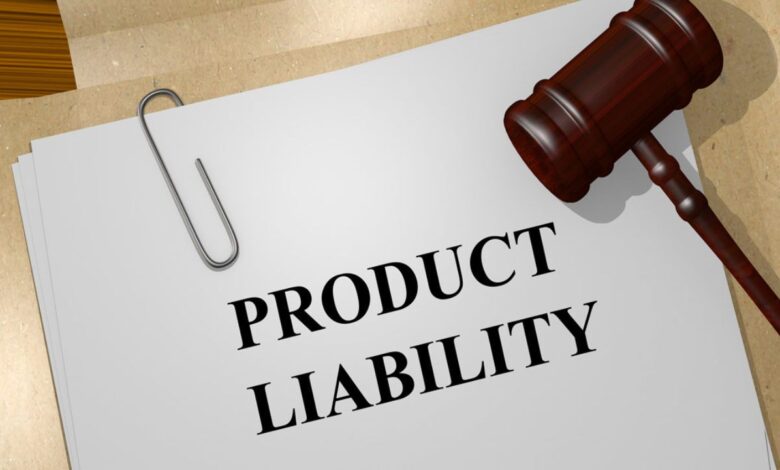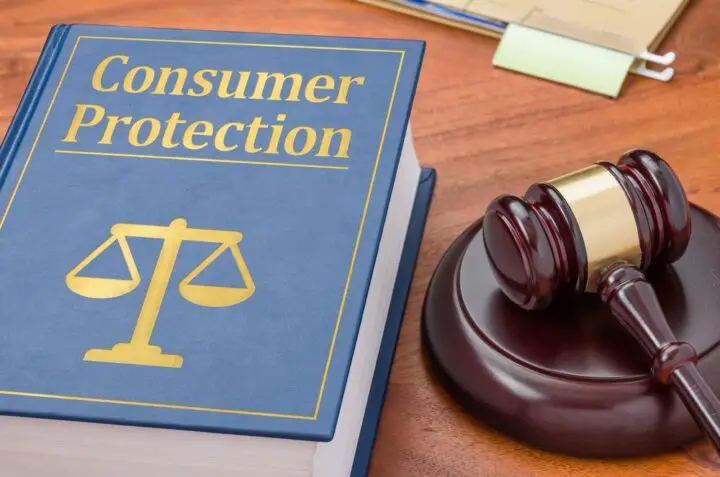Product Liability Claims – Who Should You Sue?

Sometimes, the items we get from the store might be faulty or even dangerous. When a product is defective, it can lead to us getting injured and having to get compensation for any losses.
For example, in California, the plaintiff can do so by claiming that he/she was injured by a specific product that was designed defectively, had a manufacturing defect, or didn’t have enough warnings or instructions to avoid safety hazards. To help them out, many people hire product liability lawyers to increase their chances of success.
Look for more information from this page, and learn how to choose a lawyer that can help you obtain your justice. As the victim, you might not know who you should sue – because the visible party is not always the guilty one. Keep reading and find out who should be the one to pay.
Distribution Chain Participants
When it comes to product liability, most states have the same laws when you need to determine who’s guilty and who’s not. Depending on the circumstances, you may sue more than one party. In the event that a defective product leads to injury or any other unfortunate circumstance, here is who you can sue.
- Manufacturer

The company manufacturer is, to put it simply, the root of all evil – at least most of the time. They can either be an entire company, or a single person running a small business. If the product was defective before it even got out of their gates, then you can definitely sue.
Let’s say that you bought a car piece that you installed on the vehicle, such as a brake part, and you had an accident after the brake failed. In this case, you should sue not only the part’s manufacturer but also the ones who made that specific piece.
Or perhaps you may have purchased a new car battery to replace your old one, and it blew up. If you get injured as a result and the car is damaged, you have all the rights to sue any manufacturer that you want – whether it’s the car manufacturer or the one that created the piece. Those who were involved in the distribution process could also be found guilty.
Anyone who may have been linked to the issue, to begin with, should be sued. It may be the person that created the piece in the first place, or even a consultant or a contractor. They may not have directly made the piece, but they are just as guilty.
If the problem was a manufacturing defect, then the design consultant should have seen the issue – and therefore, had it fixed. Or perhaps the product did not arrive with the proper instructions, causing you to use it incorrectly. In that case, the technical experts may be to blame, as they should have included all the relevant information.
- Wholesaler or Product Distributor
You may also find other parties liable in the case. These may be wholesalers, suppliers, distributors, and others who acted as middlemen and were involved in the product’s distribution chain. Therefore, they can be defendants in your case since they may be at fault for the problem.
- The Retailer

You may be hesitant to sue the retailer because after all, he did not create the product himself. It’s not his fault that he received a faulty piece, is it? Technically speaking, he should not be held liable, because they couldn’t know the product was defective, right? Well, they should have been able to test it either way – so according to the law, they can still be sued.
For instance, let’s say that you bought a machine from them, and products started flying shortly after buying it – injuring you in the process. These defects should be visible in inventory and product checks, so there’s no excuse for them selling you a bad item.
Plus, you shouldn’t have purchased the product yourself. Let’s say that you borrow a lawn mower from your relatives, and one of the blades springs free and injures you in the process. The retailer should have checked the item before selling it – in this case, you can sue. After all, even if you didn’t buy it yourself, you were still directly injured by it.
- Foreign Defendants
In some cases, the person you may need to sue may not even be a native of your country. You may think that since the owner is not a resident of your country, they don’t follow your laws and are, therefore, untouchable. We’ll prove you wrong.
You can still sue these firms regardless. Considering the company is conducting business in your place of residence, it has to follow your country’s laws. So, it will have to abide by the location’s court jurisdiction. This means that you could sue this foreign firm.
- Corporations
In some cases, the one who deserves the lawsuit may not be a person, but a corporation. Many people think that you can’t sue something technically inanimate, such as a company – but according to product liability law, you actually can. The product liability law sees corporations exactly as a person, in which case the law applies if you get injured.
The issue with corporations is that they keep changing. Sometimes they may change their form, other times they may change their leadership – and sometimes, pretty much everything about the corporation can be different. This can happen through purchases by various firms or even mergers with said firms, but also through renaming or reorganizations.
So, the firms that become successors will “inherit” the liability for the faulty product and its inclusion in the distribution supply. As a result, you must mention the firms as defendants if you make a product liability claim.
The Bottom Line

If you buy a faulty item and get any injuries because of it, you must know who to sue. This way, you can have a higher chance of winning the case. You can also get better compensation if you make sure to go after the right parties. So, consider the wholesaler, distributor, manufacturer, and retailer in case of a product liability claim. Also, do not forget to look for an experienced and trustworthy attorney who can help you with the case.
